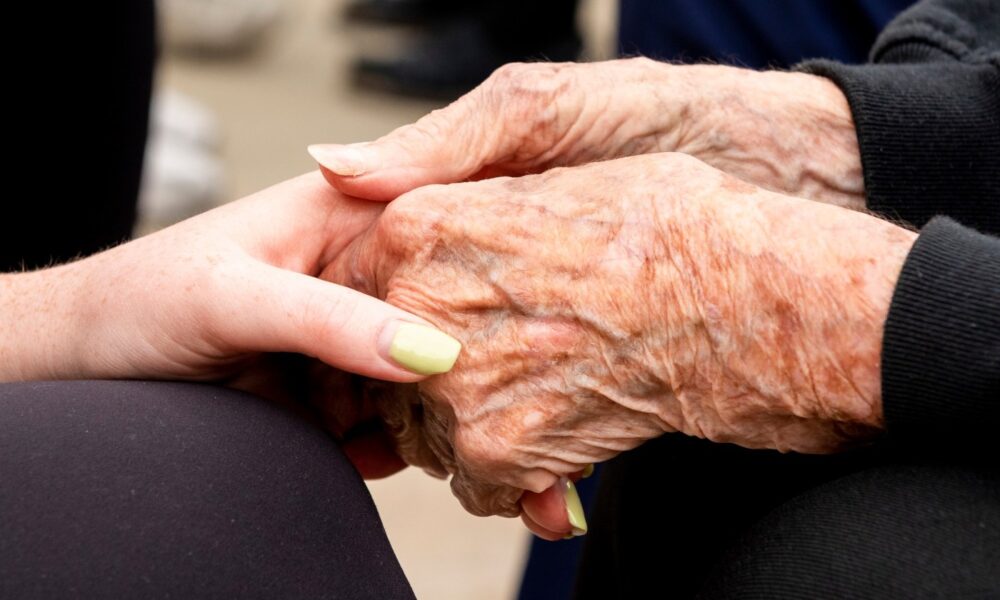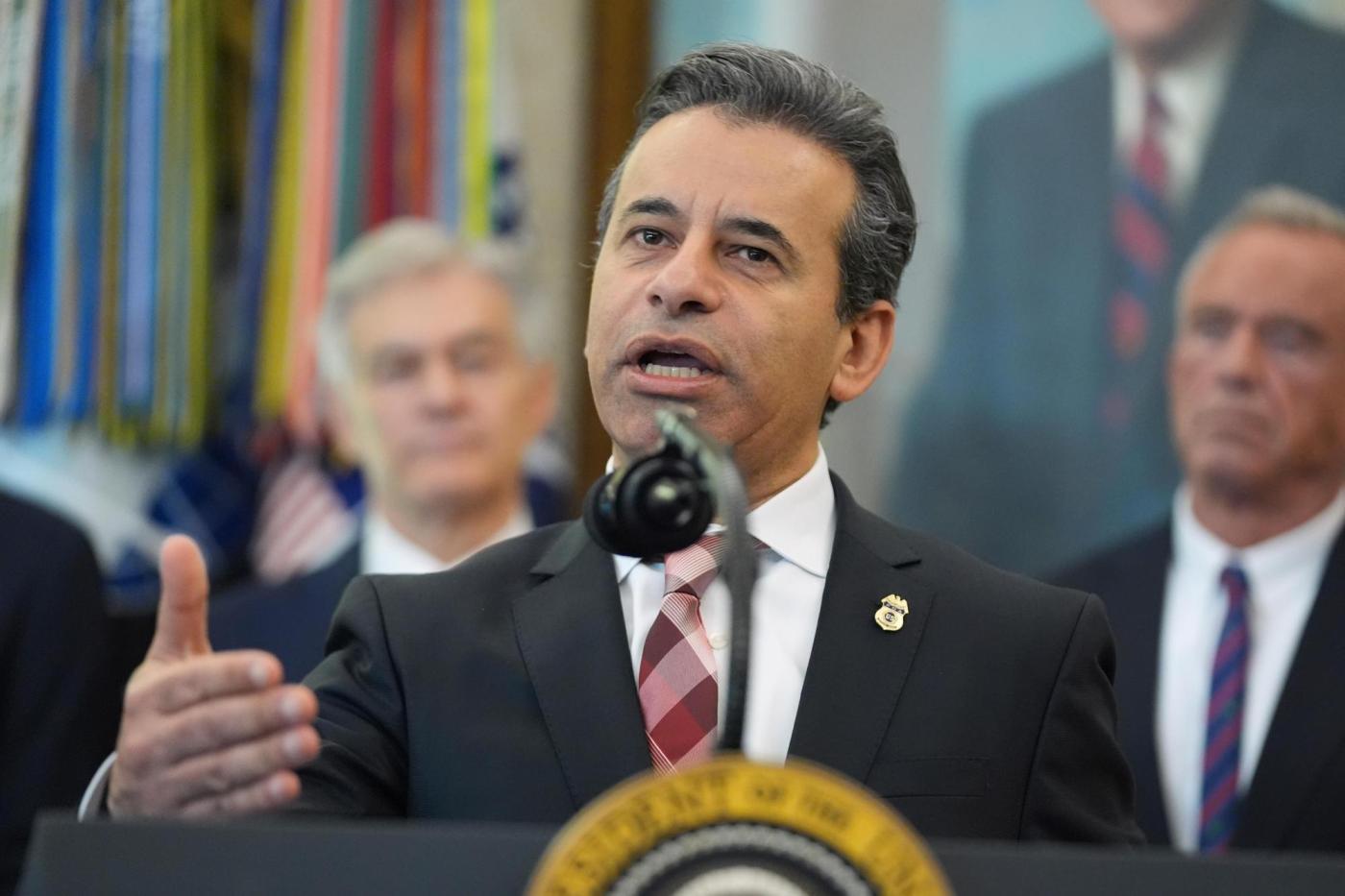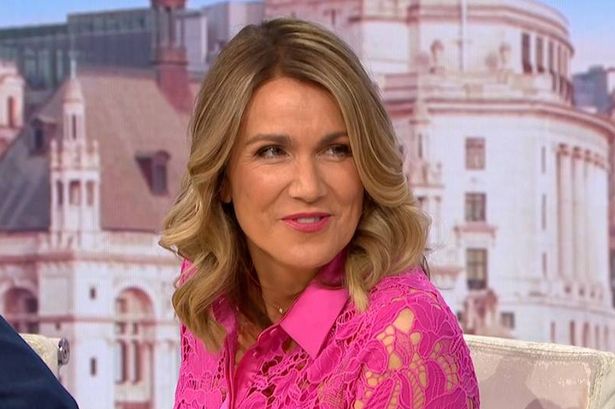Advancements in medical technology have led to a significant shift in heart care for seniors, with minimally invasive heart surgery emerging as a safer and more effective treatment option. This innovative approach addresses the growing need for less invasive procedures as the aging population increases. Minimally invasive techniques, including robotic heart surgery, not only reduce the physical strain on elderly patients but also enhance their overall quality of life post-surgery.
Understanding Minimally Invasive Heart Surgery
Minimally invasive heart surgery differs from traditional open-heart surgery by using small keyhole incisions rather than large chest openings, which involve cutting through the breastbone. Surgeons employ specialized instruments and high-definition cameras to perform procedures with remarkable precision while minimizing trauma to the body. Typically, the surgeon makes two to four small incisions between the ribs and utilizes a magnified 3D view of the heart to carry out complex operations.
Benefits for Senior Patients
The benefits of minimally invasive heart surgery for seniors are numerous and impactful. One of the most notable advantages is the reduced risk of complications. Older patients often face higher risks during surgery due to age-related health issues. Minimally invasive techniques significantly lower the likelihood of infections, bleeding, and blood loss, diminishing the need for blood transfusions and their associated complications. Smaller incisions also minimize exposure to contaminants, reducing the chance of postoperative infections.
Seniors undergoing minimally invasive surgeries typically experience shorter hospital stays compared to those who have traditional open-heart procedures. This not only reduces the risk of hospital-acquired infections but also enables a quicker return to daily activities. The financial implications are significant as well; shorter hospital stays contribute to reduced medical costs, making these procedures more accessible.
Moreover, the recovery time is vastly improved. Patients report less pain and trauma from the surgery, with many requiring fewer opiates and recovering within weeks rather than months. The smaller incisions heal more rapidly than the large sternotomy incisions required for open-heart surgery, resulting in less scarring and discomfort. Tailored physical therapy and rehabilitation programs further accelerate recovery, helping seniors regain strength and independence.
The overall quality of life for seniors also improves significantly. With faster recovery and reduced pain, patients can enjoy a more active lifestyle, engaging in social activities and spending time with family and friends. The psychological benefits of quicker recovery and enhanced physical health contribute to the overall well-being of elderly patients.
Precision and Future Directions
Minimally invasive heart surgery is characterized by improved precision and outcomes. Advanced imaging and specialized instruments allow surgeons to perform intricate procedures such as valve repairs and bypass grafting with high accuracy. This precision significantly reduces the likelihood of complications and the need for additional surgeries. Importantly, many senior patients who may have previously been deemed too high-risk for traditional open-heart surgery are now suitable candidates for these innovative techniques.
The field continues to evolve, with ongoing research and technological advancements promising even greater outcomes for patients. Innovations, such as robotic-assisted surgery and enhanced imaging techniques, are paving the way for even safer and more precise procedures. Integrating artificial intelligence and machine learning into surgical planning and execution holds great potential for revolutionizing the field, enabling surgeons to make more informed decisions and optimize surgical techniques.
Minimally invasive heart surgery presents a transformative approach to heart care for seniors. By offering reduced risks, faster recovery, and improved outcomes, it enhances the quality of life for elderly patients. Continued research and technological progress will ensure that this innovative approach remains at the forefront of cardiac care, providing seniors with the opportunity to lead healthier, more fulfilling lives.
Dr. Asad Shah is a board-certified cardiothoracic surgeon and the medical director of cardiac surgery at Saddleback Medical Center. He specializes in robotic cardiac surgery and various minimally invasive procedures, such as the Transcatheter Aortic Valve Replacement (TAVR) and Thoracic Endovascular Aortic Repair (TEVAR).







